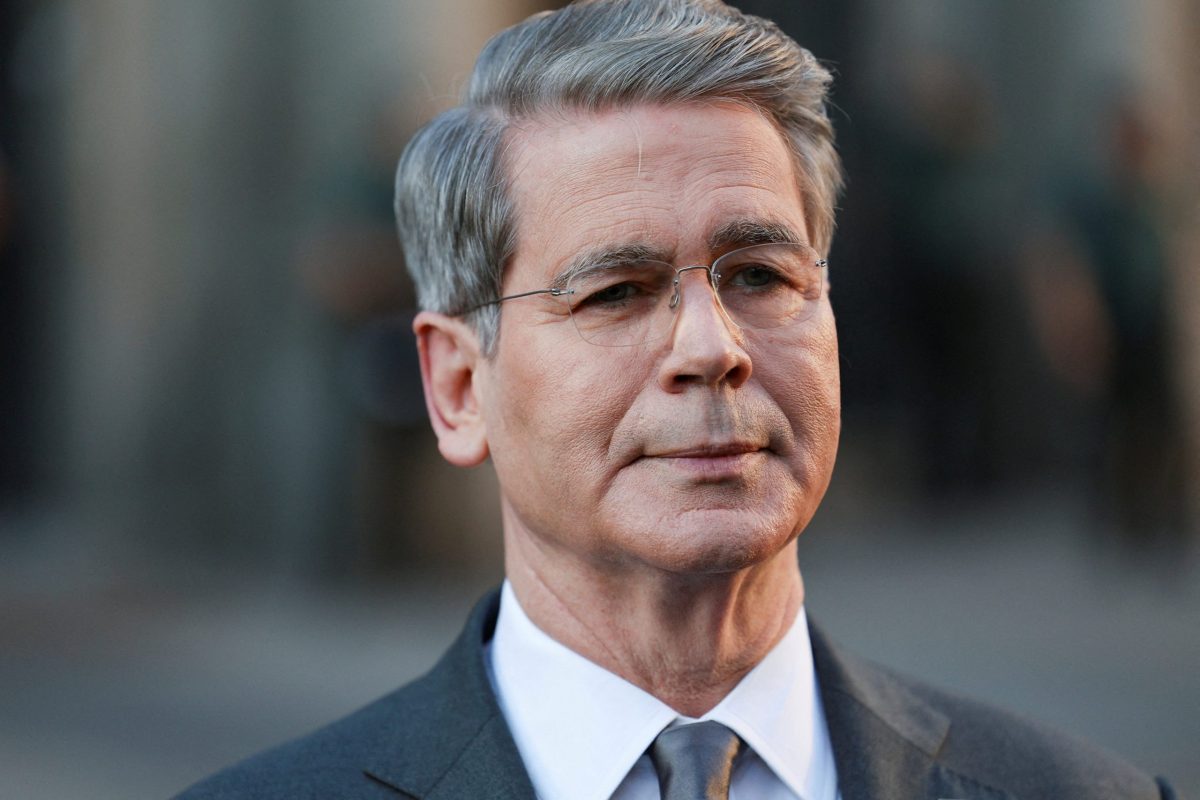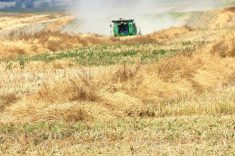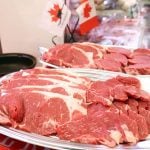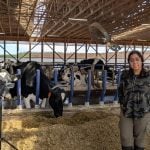The U.S. government has mounted a new defense at the World Trade Organization for its meat label law, this time seeking arbitration against Canada’s request for trade sanctions.
The WTO Dispute Settlement Body (DSB) had been scheduled Wednesday to hear Canadian trade officials’ request to authorize over $3 billion in tariffs on U.S. goods, in formal retaliation for Washington’s mandatory country-of-origin labelling (COOL) law.
Canada had announced in May that it would make the request, following a fourth consecutive ruling against COOL at the WTO.
Read Also

China to buy 12 million metric tons of soybeans this season, Bessent says
U.S. Treasury Secretary Scott Bessent said on Thursday that China has agreed to buy 12 million metric tons of American soybeans during the current season through January and has committed to buying 25 million tons annually for the next three years as part of a larger trade agreement with Beijing.
Instead, the DSB announced Wednesday it had received a notice from the U.S. delegation to the WTO, stating that Washington “objects to the level of suspension of (trade) concessions or other obligations” Canada proposes in its request to the DSB.
The U.S. delegation, in its notice, cited a WTO interpretation of its dispute settlement rules that calls for such an objection to be referred to arbitration.
Canada’s Agriculture Minister Gerry Ritz and Trade Minister Ed Fast said Wednesday the federal government is “disappointed that the U.S. is attempting to prolong the WTO process by requesting arbitration.”
Washington, they said, “is out of options and retaliation cannot be avoided by drawing out this process.”
Canada has had a list of targets for retaliatory tariffs drafted for this occasion since 2013, including U.S. live cattle and hogs and fresh and frozen beef and pork products, plus other U.S. agrifoods and ingredients ranging from baked goods and pastas to wine, fruits and cheeses, plus certain types of jewellery, office furniture and mattresses.
Ritz and Fast said Wednesday that Canada is “confident in our assessment” that COOL — which requires labels on meat cuts detailing the countries in which the meat animal was born, raised and slaughtered — is causing over $3 billion in damages per year to Canada’s cattle and hog sectors.
Ottawa’s position, they said, remains unchanged: “The only way for the United States to avoid billions in retaliation by late summer is to ensure legislation repealing COOL passes the Senate and is signed by the President.”
COOL, which the U.S. government brought into effect in 2008, was first challenged by Canada and Mexico at the WTO DSB in 2009.
The DSB ruled in November 2011 that COOL was in breach of Washington’s world trade obligations. Its ruling was upheld on appeal before the WTO Appellate Body in June 2012, then by a DSB compliance panel last October, and by the Appellate Body again in May.
In the wake of the new Appellate Body ruling and the moves from Canada and Mexico to seek tariffs, a bill to repeal COOL passed the U.S. House of Representatives last week. A repeal’s next stop would be the U.S. Senate, but the proposal hasn’t yet appeared there. — AGCanada.com Network












